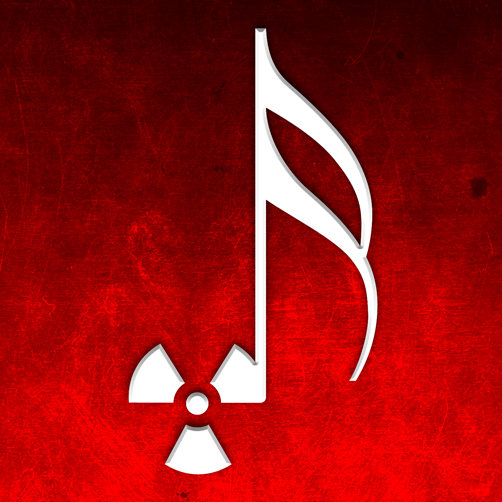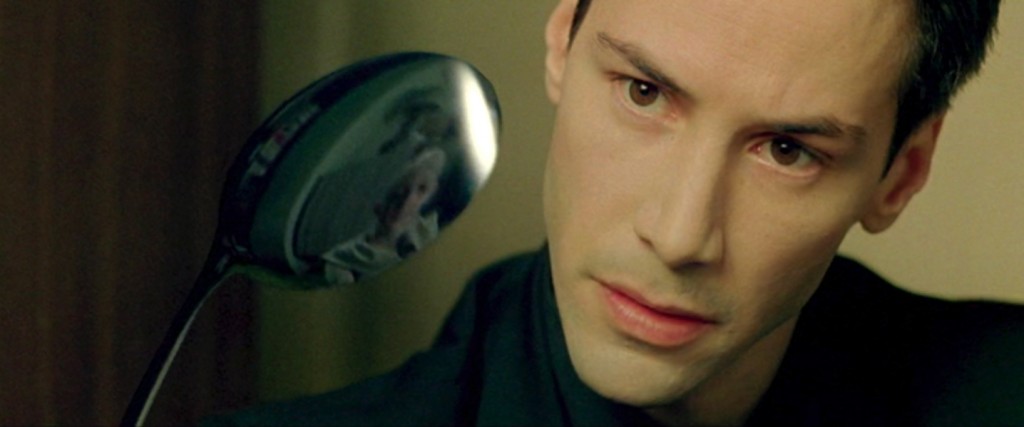aesthetics
-
Happy Winter Solstice!
Looooong before the words “Christmas,” “Hannukah,” “Kwanzaa,” and “Festivus” ever entered humanity’s vocabulary, we have been celebrating the winter solstice. And why not? Without modern technology and capitalism making us fat, warm, greedy, and complacent, we’d be hunkered down in our holes, caves, and huts trying to make it through the brutal winters. As many…
-

Counting Bodies Like Metzae to the Lullaby of the Pet Drums
So, it occurred to me recently that there are four different versions of the same song that I had on my computer, but it’s not immediately obvious that this is the case. I just thought it was so weird that I wanted to share it. And, besides…I wanted to share my remix anyway. A Perfect…
-

Symphoniacal
This is an epic musical collage, an homage to dark and powerful film scores.
-

There Is No Spoon
There is a scene in the movie “The Matrix” where the main character, Neo, is visiting a so-called oracle. As he waits to see her, he looks at the other “potentials” that stay with her. These potentials, all children, are able to manipulate objects using what appears to be telekinesis. At one point, Neo leans…
-

My Statement of Aesthetics
Initially, I took my first poetry class because I thought that poetry and prose were two completely different things, and I needed to explore my poetic side. But as the semester progressed I quickly discovered that they are imperatively inseparable. Poetry keeps prose fresh, healthy, and beautiful. I have compared some of my prose from…